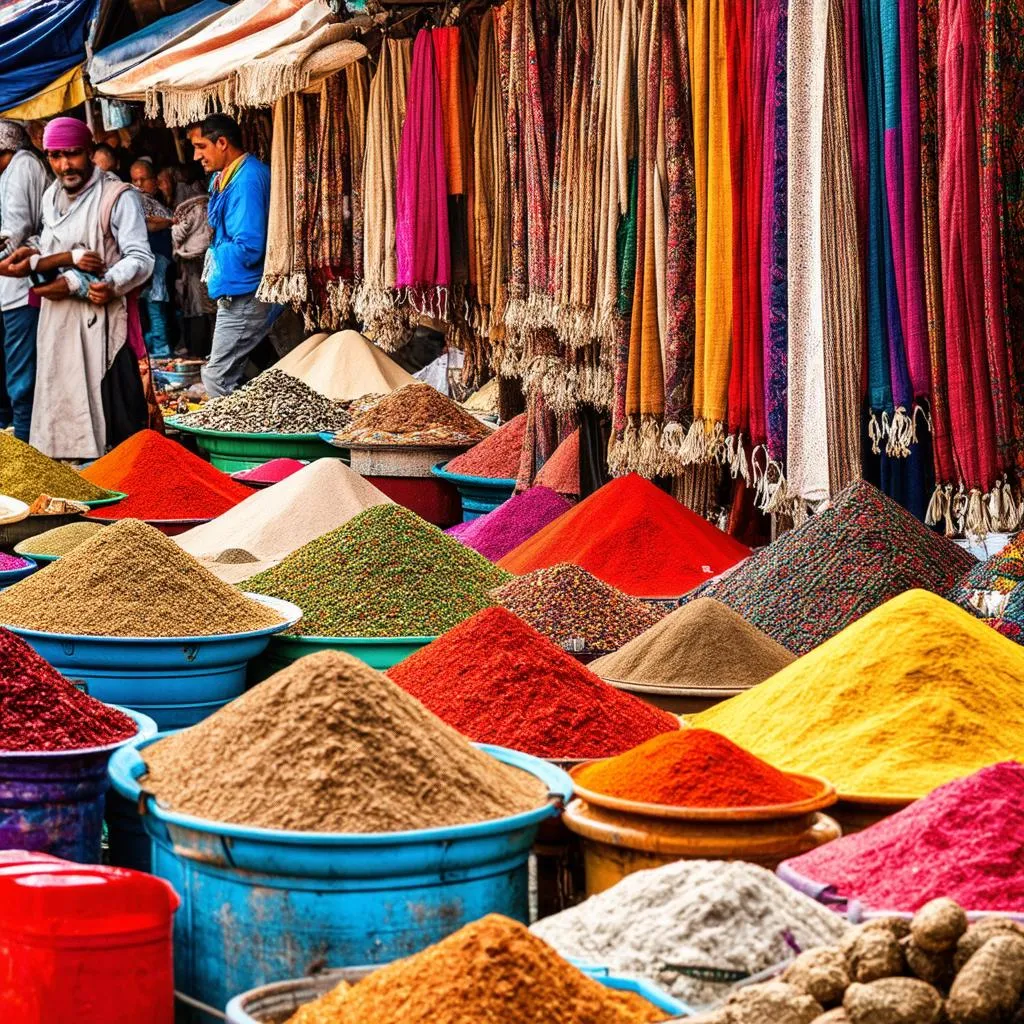Picture this: You’re in a bustling marketplace in Marrakech, haggling for a beautiful handwoven rug. The vendor is charismatic, the atmosphere electric, but you can’t help but wonder if a small gift would seal the deal. Or perhaps you’re at a roadblock in rural Mexico, and an official seems to be delaying your journey. Would a “tip” help expedite things? Navigating the nuances of gifts and what might be perceived as bribes in different cultures can be a minefield for travelers. This guide is here to help you understand the ethical and cultural considerations involved.
Understanding the Fine Line: Gifts vs. Bribes
While seemingly straightforward, the distinction between a gift and a bribe can be blurry, varying wildly across cultures. What’s considered a simple gesture of goodwill in one country could be construed as an attempt to improperly influence in another.
The Importance of Intent
A key factor is intent. A gift is usually given as a symbol of friendship, respect, or gratitude, with no expectation of anything in return. A bribe, however, is intended to induce someone to act dishonestly or unfairly in your favor.
Example: Offering a small souvenir from your home country to your tour guide in Thailand after a fantastic trip is a kind gesture. However, slipping extra cash to a customs official to avoid paying full duty for your purchases crosses the line into bribery.
Cultural Context is Key
Cultural norms play a significant role. In many Asian cultures, for example, gift-giving is deeply ingrained in social interactions and business dealings. Refusing a gift can be considered rude.
Expert Insight: “Travelers should research the specific customs of their destination,” advises Dr. Anya Sharma, author of “Navigating Cultural Etiquette Around the World.” “Understanding local norms around gift-giving can help avoid misunderstandings and ensure respectful interactions.”
When in Doubt, Err on the Side of Caution
If you’re unsure whether a gift is appropriate, it’s always best to err on the side of caution. Ask your tour guide, hotel staff, or a local contact you trust for advice. They can provide valuable insight into what’s considered acceptable and what might raise red flags.
Tips for Travelers:
- Do your research: Before you travel, familiarize yourself with the local customs regarding gifts and tipping.
- Be mindful of value: Keep gifts small and inexpensive. Lavish gifts can be misconstrued as bribes.
- Give openly and transparently: Avoid giving gifts secretly, as this can create the appearance of impropriety.
- Respect cultural differences: If someone refuses your gift, don’t be offended. It may be due to their cultural norms.
FAQs:
Q: Is it okay to tip in other countries?
A: Tipping customs vary greatly. Research the tipping etiquette of your destination beforehand. In some countries, like Japan, tipping can be considered offensive.
Q: I want to thank my host family for their hospitality. What’s an appropriate gift?
A: Consider bringing a small gift from your home country, such as local crafts or treats. A heartfelt thank-you note is always appreciated.
 Moroccan Market Vendors
Moroccan Market Vendors
 Gift Giving Ceremony
Gift Giving Ceremony
Travel with Respect and Understanding
Remember, traveling is not just about seeing new places but also about encountering different cultures. By approaching gift-giving with sensitivity and respect, you can enhance your travel experiences and build positive interactions with people from all walks of life. For more insightful travel tips and information on respecting cultural differences around the globe, visit travelcar.edu.vn.